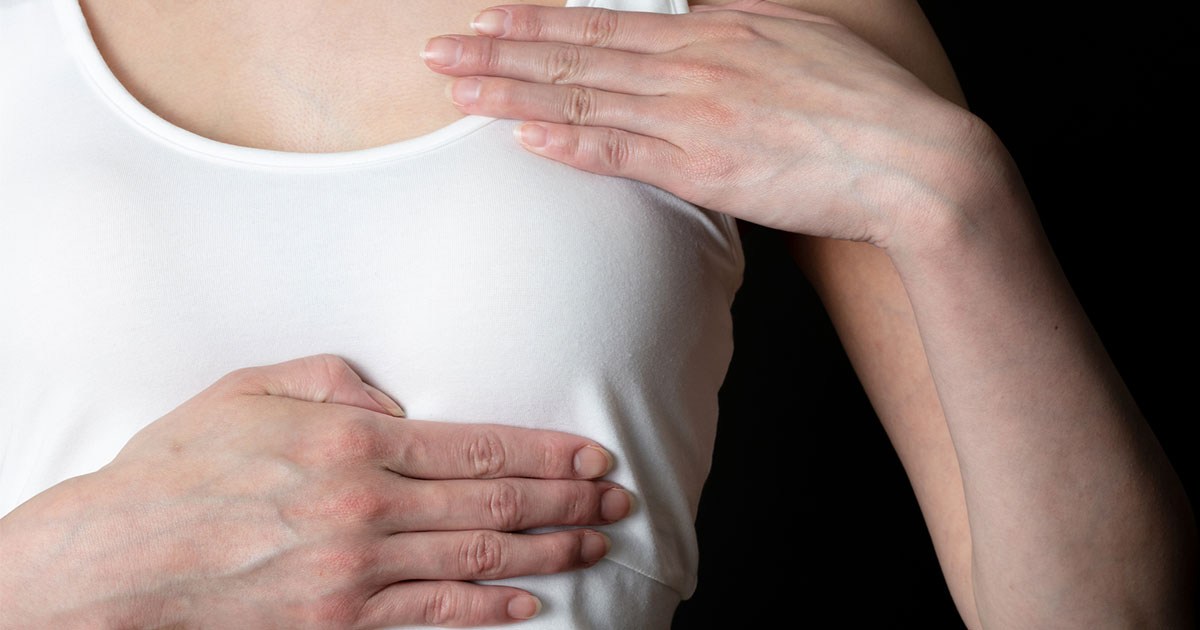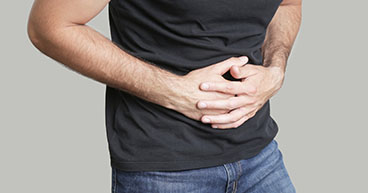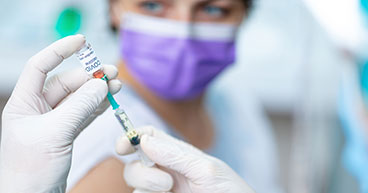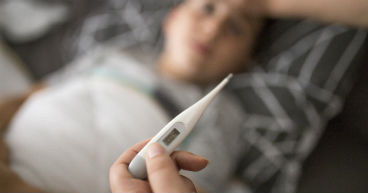
As more Americans get vaccinated from the virus that causes COVID-19, doctors are learning about potential side effects. Chills, fever, headache and fatigue have been reported in many people who have received the vaccine. Now, new reports are raising concerns that another side effect—swollen lymph nodes—may be causing breast cancer scares in women.
Swollen lymph nodes, or adenopathy, may be an early sign of breast cancer, especially when it occurs in the arm pit on one side. Enlarged lymph nodes may also show up on a mammogram, even when the patient doesn’t notice they’re swollen and feels no tenderness in that area. But lymph nodes swell for other reasons, especially if the body is fighting off a cold or an infection. Vaccines are designed to give the immune system the information it needs to attack a new virus. B-cells in lymph nodes use this information to make new antibodies. A buildup of antibodies in the lymph nodes may cause them to become enlarged.
Doctors are concerned that, after taking the COVID-19 vaccine, women who experience swollen nodes as a side effect may undergo further unnecessary diagnostic tests for breast cancer.
“It is important to recognize that lymph nodes may become enlarged for a number of reasons having nothing to do with malignant disease, including in patients known to have cancer,” says Maurie Markman, MD, President of Medicine & Science at Cancer Treatment Centers of America® (CTCA). “If someone is concerned, it is always reasonable to check with a physician.”
The reports of swollen lymph nodes have occurred in patients who received the Pfizer or Moderna vaccines. The U.S. Centers for Disease Control and Prevention (CDC) says that in the case of the Moderna vaccine specifically, 11 percent of patients had swollen lymph nodes after their first shot and 16 percent experienced them after their second shot. The swelling usually occurs two to four days after the injection.
Several health agencies, including the American Cancer Society (ACS) and the Society of Breast Imaging, have recommended that if women are planning to get both a mammogram and the COVID-19 vaccine, they should schedule their mammogram either before receiving the vaccine or four to six weeks after getting it.
Women who’ve had breast cancer should get their COVID-19 vaccine injection in the arm on the opposite side of where their cancer was diagnosed. It’s important, however, not to make any changes in your plans to get a mammogram until consulting with your doctor.
What are lymph nodes?
Not everyone experiences side effects from vaccines, but among those who do, swollen lymph nodes are not uncommon. Lymph nodes are like the once-used canaries in the coal mine. They may alert you to infection or other conditions before you feel sick. This network of hundreds of bean-sized glands is on the front lines of the body’s defenses. When a potential infection looms, lymph nodes may let us know by swelling or becoming tender or painful.
Lymph nodes are connected by vessels that carry lymph fluid throughout the body. This clear, water-like substance carries the body’s flotsam and jetsam—dead cells, fats, bacteria and viruses—to the nodes, where they’re filtered and discarded. Lymph also carries immune cells called lymphocytes, T-cells and B-cells that hunt down and attack invaders.
When infection strikes, B-cells often gather in lymph nodes and start pumping out antibodies designed to attack antigens on the invading cells. This congregation of B-cells and antibodies, or the excess waste created from an immune system attack, may swell lymph nodes or make them tender.
Lymph nodes and cancer
Lymph nodes play a critical role in cancer in several ways:
- Cancer may develop in the lymph system as either Hodgkin lymphoma or non-Hodgkin lymphoma.
- Lymph nodes may be removed near the location of a primary tumor and examined to help determine whether cancer has spread.
- Nodes may be removed prophylactically to prevent the spread of cancer.
Removing lymph nodes may result in a backup of lymph fluid that causes swelling, often in the arms or legs. This condition, called lymphedema, may be treated with surgery to restore the flow of lymph fluid or therapies that reduce swelling or reroute the lymph flow to healthy nodes.
Don’t wait to be get screened
Millions of Americans have delayed or canceled cancer-related doctor and hospital visits in the year since the pandemic hit the United States. Many health care providers have also postponed cancer-related procedures in order to focus on treating COVID-19 patients.
According to national health agencies, cancer-related tests and doctor visits have declined dramatically in the year since the pandemic emerged, raising fears of a surge in new cases in the decade ahead. A study conducted by Avalere Health for the Community Oncology Alliance indicates screening, diagnostic and treatment visits for breast cancer alone have declined 85 percent since March 2020. Visits for all the most common cancers also declined.
The ACS urges women who have an upcoming mammogram appointment or are due to schedule one not make any decisions about their appointment until consulting their doctor.
Learn the differences between the current COVID-19 vaccines.



